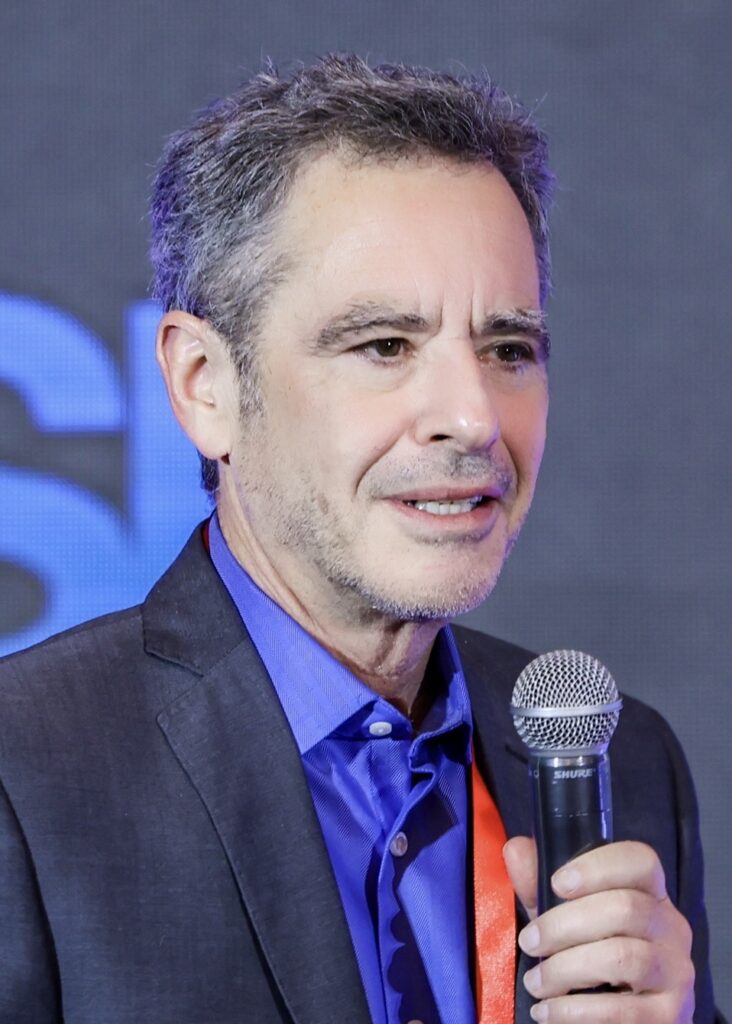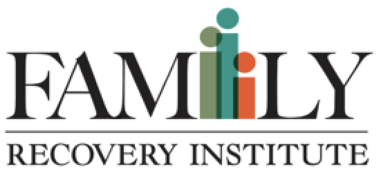NARRATIVE:
We’re in a rich and revolutionary time, exploring a new landscape of interventions in psychiatry – and new understandings about what leads to psychic relief. Evolving brain science and a resumption of research into the beneficial effects of psychedelics on mental health is leading to new interventions for patients who have not responded to traditional psychiatric medications and therapy. The early research findings signal a paradigm shift in how we understand and treat human suffering and personal growth in all its forms. Many of these treatments have been historically misrepresented, misunderstood, or met with healthy skepticism by the medical and psychological communities, and wariness by patients. As the benefit and mechanism of action in these interventions is better understood and the outcomes are more widely recognized and established through clinical research trials, their use is becoming more familiar and easily integrated into our armamentarium of approaches to psychological distress and wellness.
This seminar is an opportunity to hear from two psychiatrists from our community who are on the cutting edge of providing these treatments. We will explore the history and current research on these new interventions, and how they give us a different perspective on the treatment of specific mental health conditions, and on experiences of wholeness, self-acceptance, and safety. We’ll consider when to refer patients for treatment, how to access evidence-based interventions and practitioners, what the process looks like for patients, and what benefits and risks to anticipate. We will look at clinical material to reflect on how psychiatric and psychological approaches overlap and inform each other as a patient integrates these experiences, and the role of psychotherapy as a critical complement. Finally, we’ll look forward to what the future of psychiatry may offer in years to come, and how the promise of these treatments may contribute to greater wellness for individuals, communities, and even society as a whole.
2. SOURCE MATERIAL:
Fitzgerald, P B., Daskalakis, J Z. An Introduction to the Basic Principles of TMS and RTMS. Repetitive Transcranial Magnetic Stimulation Treatment for Depressive Disorders, 2013.
Pinna, M., et al. Clinical and biological predictors of response to electroconvulsive therapy (ECT): a review. Neuroscience Letters, 2018.
Serafini, G., et al. The Role of Ketamine in Treatment-Resistant Depression: A Systematic Review. Current Neuropharmacology, 2014.
Sial, O., et al. Ketamine: The final frontier or another depressing end? Behavioral Brain Research, 2020.
3. LEARNING OBJECTIVES:
- Attendees will have a greater understanding of the history and current state of Interventional Psychiatry.
- Attendees will be able to identify TMS as a treatment for mental health conditions, which symptoms are targeted in this intervention, which patients are most likely to benefit, and what the risks and benefits are.
- Attendees will be able to identify Ketamine infusion as a treatment for mental health conditions, which symptoms are targeted in this intervention, which patients are most likely to benefit, and what the risks and benefits are.
- Attendees will be able to identify ECT as a treatment for mental health conditions, which symptoms are targeted in this intervention, which patients are most likely to benefit, and what the risks and benefits are.
- Attendees will be able to identify 3 myths and misperceptions about Interventional Psychiatry.
- Attendees will be able to identify 2 mechanisms of change when using psychedelic medicine, and 3 typical benefits of these interventions.
- Attendees will understand how to access evidence-based interventions and practitioners using Interventional Psychiatry in their community.
4. COURSE OUTLINE – 3 hrs.:
9:00 – 9:05 a.m.
CIP staff welcome participants, review program schedule, explain.
CE process. Introduce Drs Compton and Woodward
9:05 – 9:45 a.m.
Introduction to Interventional Psychiatry:
The core elements: TMS, Ketamine, ECT, and other interventions.
The history of Interventional Psychiatry – myths and misperceptions
From the past to current – recent research as a cause for hope
9:45 – 10:30 a.m.
Breaking it down:
TMS – what is it, what is happening in the break that provides benefit, what symptoms does it target, which patients are most likely to benefit, risks and contra-indications; how patients access this kind of treatment.
Ketamine – what is it, what is happening in the break that provides benefit, what symptoms does it target, which patients are most likely to benefit, risks and contra-indications; how patients access this kind of treatment
ECT – what is it, what is happening in the break that provides benefit, what symptoms does it target, which patients are most likely to benefit, risks and contra-indications; how patients access this kind of treatment
MDMA – what is it, what is happening in the break that provides benefit, what symptoms does it target, which patients are most likely to benefit, risks and contra-indications; how patients access this kind of treatment
10:30 – 10:45 a.m.
Morning Break
10:45 – 11:15 a.m.
Psychedelic medicine, expanded states of consciousness, and psycho-spiritual connections for treatment and for wellness
Questions and discussion
11:15 – 11:55 a.m.
Integrating Interventional Psychiatry and Psychotherapy, as part of treatment and making meaning of the treatment experience
Questions and discussion
11:55 – 12:00 p.m.
Conclusion. CIP staff thanks presenters, explains CE process. Attendees complete evaluations.
5. CRITERION 1.1 to 1.3:
This program meets Criterion 1.2, as it reflects ethical, professional, or regulatory developments relevant to the discipline of psychology.
6. COURSE CURRICULUM
1) Describe how your program content will build upon the foundation of a completed doctoral program in psychology.
This program offers psychologists and other mental health clinicians a greater understanding of Interventional Psychiatry. This serves psychologists to more effectively collaborate with allied professionals, and to better serve the needs of clients with difficult-to-treat mental conditions through knowledge of and access to a greater range of treatment interventions.
2) Describe how your content is specifically relevant to psychological practice, education, or science.
The field of Psychiatry continues to develop and reveal novel interventions that research indicates can have a significant impact on the reduction of psychological suffering. The ability of mental health practitioners to provide the highest quality of psychological services is enhanced by understanding the history, mechanism of action, benefit, risk, and means to refer patients to treatments offered by Interventional Psychiatry.
3) Describe your target audience and the instructional level of your content (introductory, intermediate, or advanced)
This advanced program is targeted to providers of psychological services in private practice or community mental health; to mental health professionals involved in the education, training, or supervision of psychological trainees; or leaders of mental health agencies that may provide referrals and recommendations in best practices in care for specific psychiatric conditions.
4) Describe the accuracy, utility, and the empirical basis of the materials that you will present. What are the limitations of the content being taught and their most common risks?
This program will present specific and general guidelines for assessing and referring patients to Interventional Psychiatry, based on outcome research indicating that these treatments may offer more effective remission of symptoms than traditional psychopharmacologic interventions. The empirical bases of these findings were on hold for many years, when these treatments were misunderstood or politicized. A resumption of research has led to a wider acceptance of, and interest in, novel approaches to psychological suffering and wellness. While many aspects of Interventional Psychiatry are still under investigation, these treatments rely on policies, procedures, and general ethical and clinical guidelines published by the APA. Limitations include a) providing information about all possible benefits and potential risks is beyond the scope of this program, b) treatment for individual patients requires professional assessment of that individual’s psychiatric and medical appropriateness, c) treatment protocols are still in development, and may include titration of dosing or a series of treatments to achieve the best remission of symptoms.
5) Describe how your content reflects the appreciation of a diverse populations and how you intend to acknowledge and respect the richness of cultural, individual and role differences.
Mental health practitioners serve a wide range of diverse clients. Therefore, the content of this program will specifically address how providers take client diversity into consideration when considering Interventional Psychiatry treatments, their perceived benefits, and patient’s trepidation based on historical or cultural experiences of being subjected to novel medical treatment in the service of research. Sensitivity towards and accommodations for multiple areas of diversity will be addressed in this program.
COST:
CIP Members:
$75 early registration 10 business days prior to seminar; $90 after
Non-Members:
$100 early registration up to 10 business days prior to seminar, $115 after
CEs: 3 CEs for LMFTs, LCSWs, and Psychologists. Participants must attend the full live session and complete the evaluation at the end to receive a CE completion certificate.
Community Institute for Psychotherapy is approved by the American Psychological Association to sponsor continuing education for psychologists. Community Institute for Psychotherapy maintains responsibility for this program and its content.
Cancellation must be received in writing by email: Full refund if canceled 48 hours prior to the event; $25 cancellation fee if canceled with less than 48 hours’ notice.
Accommodations will be made wherever possible to those with disabilities. Please let us know of any disabilities upon registration, to ensure proper accommodations are put in place prior to workshop/training.
Grievance Procedure: CIP will respond to complaints in a reasonable, ethical and timely manner, when submitted by program attendees in writing to the Chair of CIP’s Professional Development Committee.
Anti-Discrimination Policy: CIP shall not discriminate against any individual or group with respect to any service, program or activity based on gender, race, creed, national origin, sexual orientation, religion, age or other prohibited basis. CIP does not require attendees to adhere to any particular religion or creed in order to participate in training. CIP will not promote or advocate for a single modality of treatment that is discriminatory or likely to harm clients based on current accepted standards or practice.
*There is no conflict of interest or commercial support related to this CE program.













